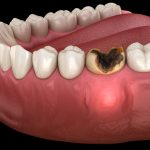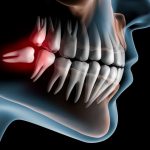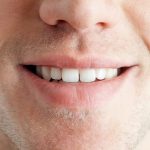Teeth Cleaning: How Long Does It Take and What to Expect
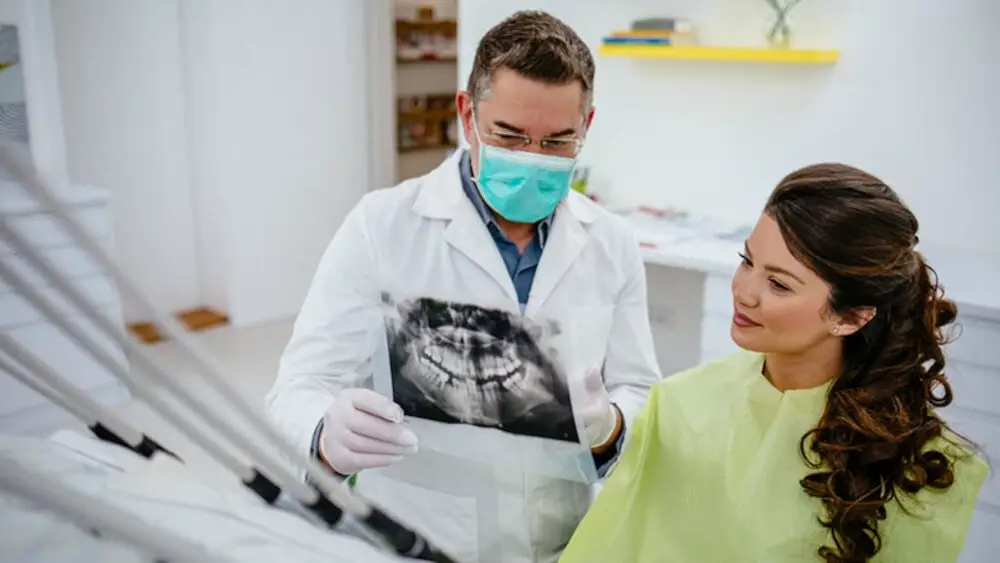
Maintaining proper oral hygiene is an essential aspect of overall health and well-being. One of the most crucial steps towards maintaining good oral health is teeth cleaning. Regular cleaning of teeth helps to remove plaque and tartar buildup, which can lead to tooth decay, gum disease, and other oral health problems. However, many people are unsure about how long teeth cleaning takes and what to expect during the process. In this article, we will explore the various aspects of teeth cleaning, including the duration of the process and what to expect during a typical cleaning session. Teeth cleaning is a straightforward process that involves the removal of plaque and tartar buildup from the teeth and gums. The cleaning process is typically carried out by a dental hygienist, who uses specialized tools to clean the teeth thoroughly. The duration of teeth cleaning can vary depending on several factors, such as the extent of plaque buildup, the presence of any underlying dental problems, and the patient’s individual needs. However, on average, a teeth cleaning session typically lasts between 30 minutes to an hour. During this time, the dental hygienist will clean the teeth and gums, remove any plaque and tartar buildup, and polish the teeth to remove any surface stains.
Teeth cleaning is an essential dental procedure that involves the removal of plaque, tartar, and other debris on teeth surfaces. During teeth cleaning, a dental hygienist will use special tools such as scalers and polishers to remove the buildup of bacteria and food particles that can lead to gum disease and tooth decay. The process typically takes 30 to 60 minutes, and patients may experience some mild discomfort or sensitivity during the procedure. After teeth cleaning, patients are advised to maintain good oral hygiene practices, such as brushing and flossing regularly, to prevent the buildup of plaque and tartar and maintain healthy teeth and gums.
Maintaining good oral hygiene is crucial for overall health and well-being. Regular teeth cleaning helps prevent plaque buildup, which can lead to cavities, gum disease, and even tooth loss. It also helps to remove any stains caused by food and drinks, keeping your teeth looking bright and healthy. During a teeth cleaning appointment, a dental professional will remove any tartar and plaque buildup, polish your teeth, and give you tips on how to improve your oral hygiene routine at home. The entire process usually takes about 30 minutes to an hour, depending on the level of cleaning required. By committing to regular teeth cleaning appointments, you can ensure that your teeth and gums stay healthy and strong for years to come.
How Long Does Teeth Cleaning Take?

Teeth cleaning is an essential aspect of oral hygiene and should be done regularly to maintain optimal dental health. Many people are often concerned about the duration of the teeth cleaning process. Generally, teeth cleaning takes about 30 minutes to 1 hour, depending on the individual’s dental health status. However, it is crucial to note that the duration may vary depending on the extent of the cleaning required. During the teeth cleaning process, the dentist or dental hygienist will conduct a thorough examination of your teeth and gums, looking for any signs of oral health problems such as cavities or gum disease. The cleaning process involves the removal of plaque and tartar build-up using special tools such as a scaler or ultrasonic instrument. The dentist or dental hygienist will also polish your teeth to remove any surface stains, leaving your teeth looking clean and bright. Overall, teeth cleaning is a quick and painless procedure that can help prevent oral health problems and maintain optimal dental health.
A routine dental cleaning usually takes about 30-60 minutes, depending on the individual’s oral health and the amount of plaque and tartar buildup present. During the cleaning, a dental hygienist will use specialized tools to remove any buildup and polish the teeth. They may also take X-rays to check for any underlying issues. The cleaning process should be painless, although some patients may experience slight discomfort if they have sensitive teeth or gums. It’s important to schedule regular cleanings every six months to maintain good oral health and prevent more serious issues from developing.
The duration of a dental cleaning can vary depending on several factors. Firstly, the level of tartar or plaque buildup on the teeth can significantly affect the time it takes for a dental hygienist to clean the teeth thoroughly. The more buildup, the longer the cleaning may take. Secondly, the patient’s overall oral health can also impact the duration of the cleaning. If there are any underlying dental issues that need to be addressed, such as gum disease, it may take longer to clean the teeth properly. Thirdly, the patient’s level of cooperation and comfort during the cleaning can also affect the time it takes. If a patient is nervous or resistant, it may take longer to complete the cleaning. Lastly, the experience and technique of the dental hygienist can also impact the duration of the cleaning. An experienced hygienist can efficiently clean the teeth while ensuring patient comfort.
Preparing for a dental cleaning appointment is essential to ensure that the procedure goes smoothly and effectively. Firstly, it is important to schedule the appointment at a convenient time when you are not in a rush. Secondly, it is recommended to brush and floss your teeth before the appointment to remove any food particles or debris from your teeth. Additionally, it is important to inform your dentist of any medical conditions or medications you are taking. This will help the dentist to tailor the cleaning procedure according to your specific needs. Finally, it is advisable to avoid consuming any food or beverages that may stain your teeth, such as coffee or red wine, prior to the appointment. By following these simple steps, you can ensure that your dental cleaning appointment is a success, leaving your teeth feeling clean and healthy.
What to Expect During Teeth Cleaning

Teeth cleaning is an essential part of maintaining good oral hygiene. During a dental cleaning, a dental hygienist or dentist will remove plaque and tartar buildup from your teeth using specialized instruments. The process typically takes between 30 minutes to an hour, depending on the extent of cleaning required. Before the cleaning begins, the dental professional will examine your teeth and gums to check for any signs of decay or gum disease. They may also take X-rays to get a more detailed look at your teeth and jawbone. Once the examination is complete, the cleaning process begins. The dental hygienist or dentist will use a scaler to remove plaque and tartar buildup from your teeth. They will also polish your teeth using a special toothpaste and a high-powered electric brush. The cleaning process may be uncomfortable for some people, especially if they have sensitive teeth or gums. However, it is generally not painful. After the cleaning is complete, the dental professional may provide tips on how to maintain good oral hygiene and prevent future dental problems. Overall, teeth cleaning is a routine procedure that can help keep your teeth and gums healthy and prevent dental problems from developing.
The teeth cleaning process typically begins with a physical examination of the mouth, where the dental hygienist or dentist checks for any signs of oral health issues. Next, they use a small mirror and scaler to remove any plaque and tartar buildup around the teeth and gum line. After cleaning, the teeth are polished using a rotating brush and abrasive paste to remove any remaining stains or debris. The hygienist or dentist may also floss between the teeth and apply fluoride treatment to strengthen the enamel. The entire process usually takes around 30 minutes to an hour, depending on the extent of cleaning required. Regular teeth cleaning appointments every six months are essential for maintaining good oral hygiene and preventing cavities, gum disease, and other dental problems.
Dental professionals use a variety of tools and techniques to clean teeth thoroughly and maintain oral hygiene. The most commonly used tool is a dental scaler, which is used to remove plaque and tartar buildup from the teeth. Other tools include dental mirrors and probes to examine the teeth and gums, polishing tools to smooth the teeth’s surface, and suction devices to remove excess debris and saliva. Dental professionals also use fluoride treatments and sealants to protect teeth from further decay. These tools and techniques help dental professionals to provide a comprehensive teeth cleaning service that leaves teeth looking and feeling their best, and helps to prevent future dental problems.
Maintaining good oral hygiene after cleaning is essential to ensure healthy teeth and gums. Firstly, it is important to brush your teeth twice a day with a fluoride toothpaste, for at least two minutes each time. Flossing once a day helps to remove plaque and food particles from between the teeth. Additionally, using an antibacterial mouthwash can help to kill any remaining bacteria in the mouth. Avoiding sugary and acidic foods and drinks can also help to prevent tooth decay and erosion. Finally, visiting the dentist regularly for check-ups and professional cleanings can help to detect any potential issues early on and maintain good oral health in the long term.
Benefits of Regular Teeth Cleaning
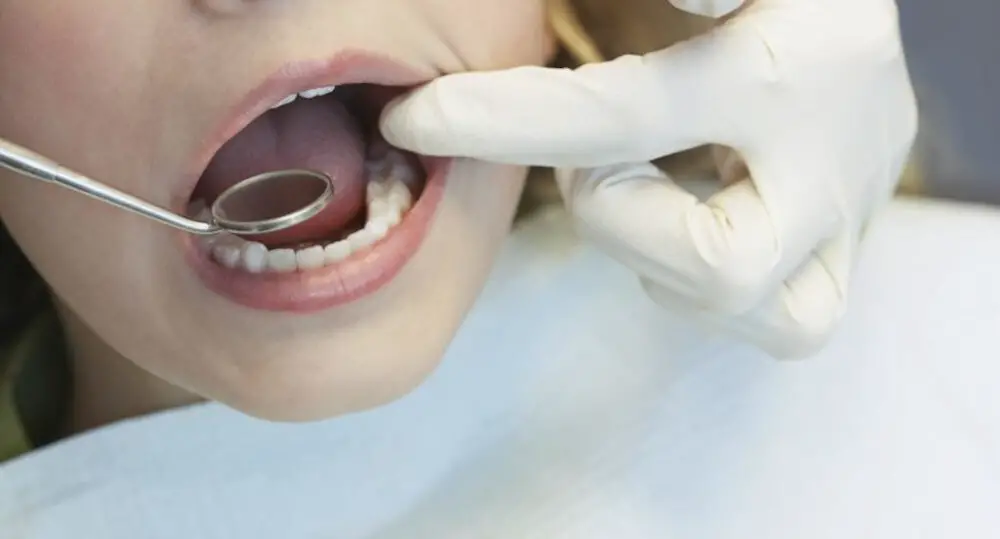
Regular teeth cleaning is an essential aspect of maintaining good oral hygiene. It involves the removal of plaque, tartar, and stains that accumulate on the teeth and gums over time. The benefits of regular teeth cleaning are numerous and can positively impact both oral and overall health. Firstly, regular teeth cleaning helps to prevent gum disease, which is caused by the buildup of plaque and tartar on the teeth. Gum disease can lead to bleeding, swollen gums, and eventually, tooth loss. By removing these harmful substances, regular teeth cleaning reduces the risk of gum disease and promotes healthy gums. Secondly, regular teeth cleaning can help to prevent bad breath. Poor oral hygiene is a significant cause of bad breath, and regular teeth cleaning can help remove the bacteria that cause it. In addition to the oral health benefits, regular teeth cleaning has been shown to have a positive impact on overall health. Poor oral hygiene has been linked to a range of health problems, including heart disease and diabetes. By maintaining good oral hygiene through regular teeth cleaning, individuals can reduce their risk of developing these and other health conditions. In conclusion, regular teeth cleaning is an essential aspect of maintaining good oral hygiene and overall health. Its benefits include preventing gum disease, bad breath, and reducing the risk of other health conditions.
Improving oral health and hygiene is crucial for maintaining healthy teeth and gums. Brushing teeth twice a day and flossing once a day helps remove plaque and prevent gum disease. Using mouthwash can also help eliminate bacteria and freshen breath. Regular dental check-ups and cleanings every six months can detect any potential issues early on and allow for prompt treatment. Additionally, maintaining a healthy diet low in sugars and acidic foods can prevent tooth decay. A commitment to good oral hygiene can lead to a brighter smile, fresher breath, and overall better health.
Prevention is the key to maintaining healthy teeth and gums. To prevent dental issues such as cavities and gum disease, it is important to establish a daily oral hygiene routine that includes brushing twice a day, flossing daily, and using mouthwash. Regular dental check-ups and cleanings are also essential for identifying and addressing any potential problems before they become more serious. Additionally, a healthy diet that is low in sugar and high in calcium can help to strengthen teeth and prevent decay. By taking these steps, you can help to ensure that your teeth and gums remain healthy and strong for years to come.
Maintaining good oral hygiene by regularly brushing and flossing your teeth not only keeps your teeth and gums healthy but also contributes to better overall health. Poor oral health has been linked to conditions such as heart disease, diabetes, and respiratory infections. By removing bacteria and plaque from your teeth through regular teeth cleaning, you can prevent these harmful bacteria from entering your bloodstream and affecting other parts of your body. Additionally, a healthy smile can boost your confidence and self-esteem, leading to a better quality of life. So, make sure to schedule regular teeth cleanings with your dentist to not only keep your smile looking great but also to maintain good overall health.
Regular teeth cleaning is a vital part of maintaining good oral health, as it helps to remove plaque, tartar, and other harmful substances that can lead to tooth decay, gum disease, and other dental problems. This process involves a thorough cleaning of the teeth, gums, and mouth, which can take anywhere from 30 minutes to an hour, depending on the extent of the cleaning required. During the cleaning, a dental hygienist will use specialized tools to remove any buildup of plaque and tartar, while also checking for signs of gum disease and other oral health issues. Regular teeth cleaning can help to prevent tooth decay, reduce the risk of gum disease, and keep your teeth and gums healthy and strong for years to come.
In conclusion, maintaining good oral hygiene is crucial for overall health and well-being. Regular brushing and flossing, along with routine dental check-ups and cleanings, can prevent cavities, gum disease, and other dental problems. It is recommended to brush your teeth twice a day for at least two minutes and floss once a day. Additionally, limiting sugary and acidic foods and drinks can also help promote good oral health. Remember, a healthy smile starts with taking care of your teeth and gums, so make it a priority to practice good oral hygiene habits daily.
Conclusion
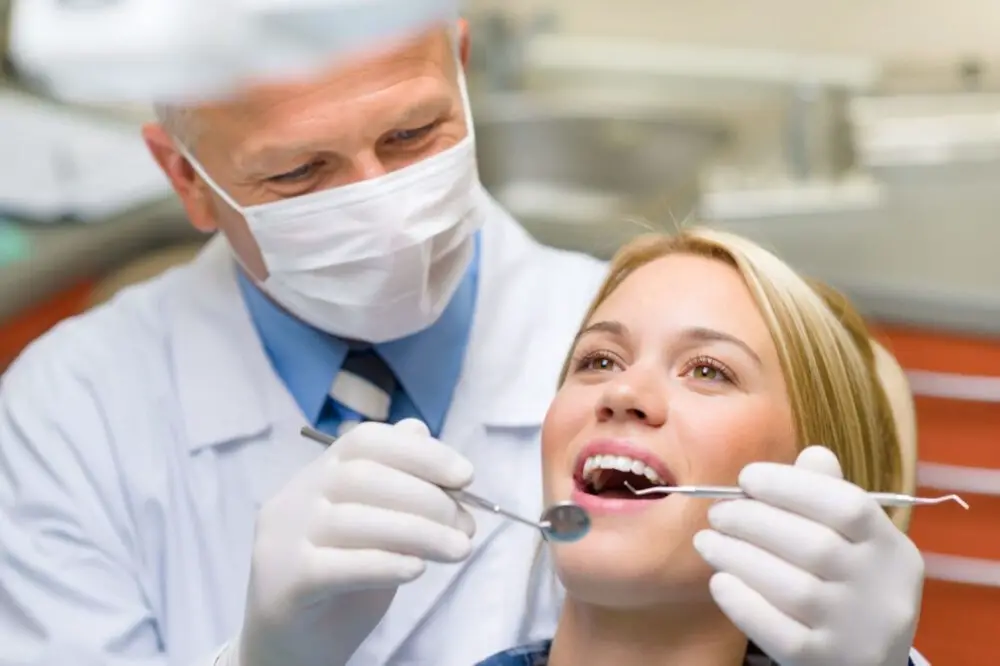
In conclusion, teeth cleaning is an essential aspect of maintaining good oral hygiene, and it is recommended to be done at least twice a year. The duration of a teeth cleaning session can vary depending on the individual’s oral health and the extent of cleaning required. However, on average, it takes around 30-60 minutes to complete. During the process, the dental hygienist will remove plaque, tartar, and stains from the teeth and assess the overall health of the mouth. It is normal to experience some sensitivity or discomfort during the cleaning process, but this should subside shortly after. After the session, one can expect to have cleaner, brighter teeth and a healthier mouth overall. So, do not hesitate to schedule your next teeth cleaning appointment and keep your smile shining bright!
